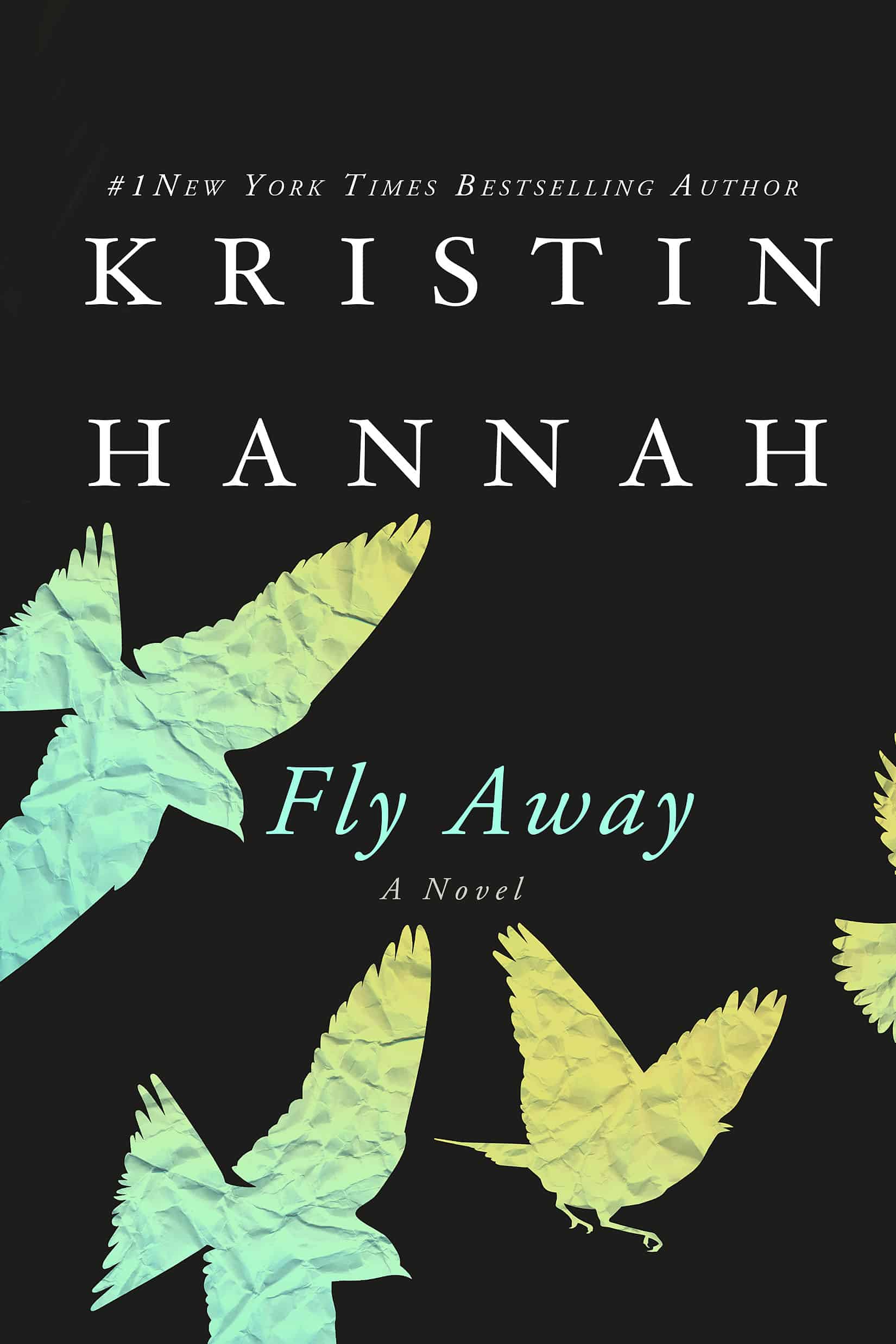ORDER THE BOOK
PAPERBACK
Amazon
Barnes & Noble
Bookshop
Books-A-Million
E-BOOK
Kindle
Apple Books
Google Play
Nook
Kobo
AUDIOBOOK
(Download)
Fly Away
Discussion Questions
1. First, a show of hands: Who among you has read Firefly Lane? For those who have not: Do you wish you had read it before this follow-up novel? Or does Fly Away stand on its own? Discuss your reasons. This might be a good time to fill the haven’t-reads in on some plot points—no spoilers!—from Firefly Lane as well.
2. When we first see Tully in Fly Away, she is a wreck. Why do you think she’s still so destroyed by her best friend’s death? How did losing Kate contribute to Tully’s loss of her own sense of self? And do you believe that one person can really be the glue that holds a whole life together?
3. In Firefly Lane, a dying Kate said these words to Tully: “You’re afraid of love, but you’ve got so much of it to give.” Is that true of the Tully we see in Fly Away? Is giving—or finding or receiving—love a choice that Tully can just make or break? Why can’t Tully believe in love?
4. Kate was deeply loved by her family. How do Johnny, Marah, the twins, and Margie cope with her loss? How does each character find a way to heal? Do they help or hinder each other? Do their struggles feel real to you as a reader? You may choose to share your own personal experiences if doing so seems relevant or even helpful.
5. At Kate’s funeral, Johnny had “pushed through the crowd [and] passed several people, all of whom murmured some variation of the same useless words—sorry, suffering over, better place.” What is the language of loss? How do we talk about death in everyday life? How do the characters do so in Fly Away?
6. A better place. Where is Kate in the world of this novel? How do her loved ones look for signs of her—and how does she find a way to reach them? Again, talk about what feels real to you as a reader. What narrative devices did the author use to bring the more mystical elements of life, death, and life-after-death to the novel? Did Fly Away succeed in making you …believe?
7. In Fly Away, the dark truth about Dorothy’s past comes to light. “How could she explain to her daughter what she’d never been able to understand for herself? All her life she had tried to protect Tully from the truth …It was too late to undo all that damage now.” Do you believe that’s true? Is it ever too late to tell the people you love about your past? Do you forgive Dorothy for Tully’s abandonment? Do you understand why it happened?
8. “I wanted to become a woman the whole world admired,” says Tully. “Without [fame] who would I be? Just a girl with no family who was easy to leave behind and put aside.” Even though Tully enjoyed great success as a celebrity journalist, she had to pay a price: Her downfall unfolded on a national stage. Take a moment to talk about Tully’s public persona versus her private one. How did being famous help Tully during her times of need? How did it hurt her? Do you believe that being a celebrity and being loved by strangers can truly make you happy?
9. Take the question above to another level: Why do we invest so much interest in celebrity culture? What passes for entertainment in the age of reality television? How do you think Tully, and Tully’s celebrity, fits into the world as you see it now? Did Tully’s fame and fortune contribute to her fall?
10. Fly Away is a novel about love and loss, family and friendship, and everything in between. It’s also about the pursuit of the American Dream, offering glimpses into key events, trends, and cultural mores in our country’s history. What did being—and becoming—American mean to Dorothy’s Ukrainian parents? To Rafe Montoya? Talk about some of the cultural highlights (and lowlights) that are woven into Fly Away—from the freewheeling sixties and the Vietnam War to the material-girl eighties up to the present day. How does each character embrace or reject the so-called values of his or her era? What risks and benefits are involved?
11. Paxton and Marah. Rafe and Dorothy. Romeo and Juliet. “It seemed so romantic at first,” Marah thinks. “All that ‘us against them.’” What is it about love that’s forbidden that is so attractive to the characters in Fly Away? Why is the theme of ill-fated love so well represented in literature in general? Why do we love stories about love’s triumph over—everything?
12. If you could ask the author anything about Fly Away—clarification on a plot point, a detail about a particular character, scenes from the cutting-room floor—what would it be?

